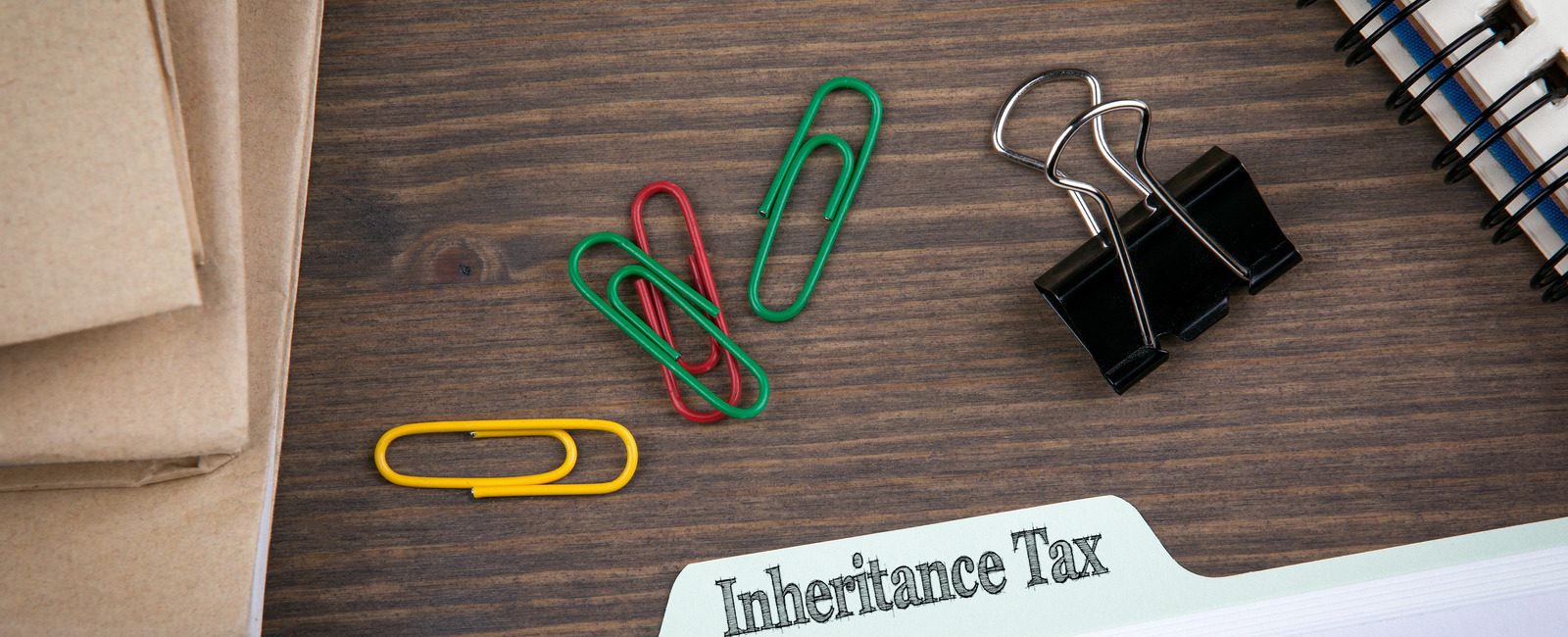For years now, inheritance tax (IHT) has been a major bone of contention for citizens and politicians alike. This is why so many have advocated for this to be scrapped over the years, under the supposed premise that it effectively taxes earned income twice.
However, IHT is an often misunderstood taxation topic, and one that applied to just 4.2% of all estates in the UK as recently as 2015/16.
We’ll explore this further in the post below, while asking what steps you can take to minimise your IHT liability as a beneficiary.
What is IHT?
In simple terms, IHT is a levy on the estate of someone who has passed away. This estate can be comprised of various asset classes, including real estate, cash and all material possessions).
However, you’ll only be liable to pay IHT on your estate in instances where its value exceeds £325,000, at which point a basic tax rate of 40% will be applied. The £325,000 marker also serves as a tax-free threshold on all eligible estates, so those that are worth £500,000 would see IHT charged at 40% of the £175,000 above this level.
For individuals who are married or engaged in a civil partnership (and whose estate is worth less than the £325,000 limit), any unused threshold can be added to your partner’s allowance when you die. This means that your spouse’s threshold can increase to as much as £950,000 in some instances, allowing beneficiaries to receive more tax-free income.
Similarly, if you give away your home to children (including those who have been adopted or fostered) or grandchildren, your own threshold can also be increased markedly to a total of £475,000.
How Can You Insulate Yourself Against IHT Payments?
As we can see, it’s perfectly possible to increase the margin of your tax-free threshold and therefore reduce the levy payable to the government.
There are other steps that you can take to reduce the amount of IHT payable too, including reliefs and exemptions that are fully within the boundaries of UK law.
To this end, some gifts may be given to recipients before your death, which in some instances can expose you to so-called ‘taper relief’ that is charged at a rate far lower than 40%.
However, you’ll need to proffer such gifts at least seven years before your death, and while this can be hard to plan for it’s essential if you’re to reduce your overall tax liability.
It may also be worth partnering with a qualified inheritance tax service, who can inform your decision making and enable you to take proactive steps to prepare your estate and minimise the amount of tax payable.
On a fundamental level, we’d also recommend that you create a will, as this ensures that your assets are distributed according to your precise wishes and understand how this will impact on the value and tax status of your estate.
Without a will in place, your estate will be distributed according to intestacy rules, which may make you liable for IHT that could otherwise have been avoided.





